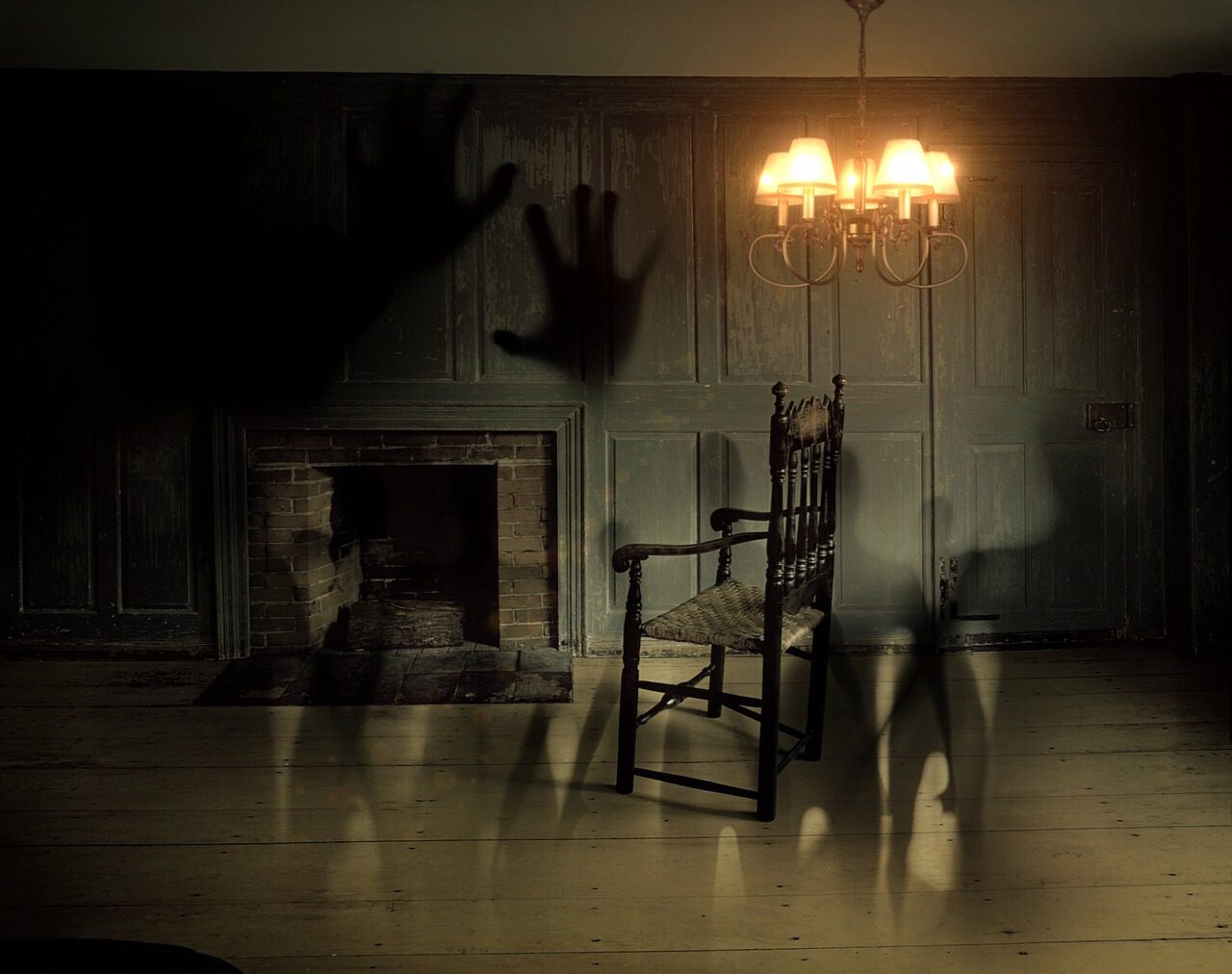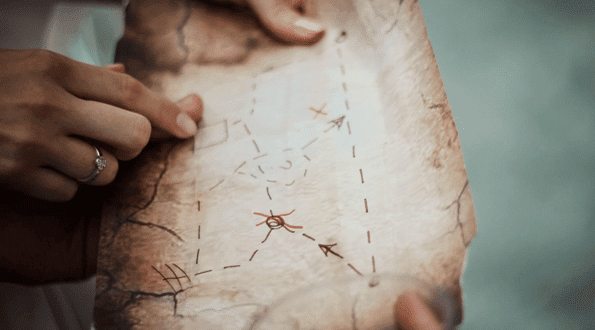On the Definition & Importance of Actual Puzzles in Escape Rooms
U.S. Supreme Court Justice Potter Stewart in Jacobellis v. Ohio famously said on pornography, “I shall not today attempt further to define the kinds of material I understand to be embraced within that shorthand description; and perhaps I could never succeed in intelligibly doing so. But I know it when I see it, and the motion picture involved in this case is not that.”
I was chatting with Puzzle Break co-founder Lindsay Morse about a topic on which we both agree: Escape Rooms with a greater number of actual puzzles are more fun than those with fewer puzzles and more “tasks”. As the discussion continued, we discovered that neither one of us had a great way to put language to the definition of “puzzle” in this context. What is a puzzle? Well, that’s hard to say, but we know it when we see it. Unsatisfied, Dr. Morse hit the dictionary:
Lindsay: 1st def: “to cause (any one) to be at a loss what to do or how to turn; to embarrass with difficulties; to put to a non-plus; to perplex, bewilder, confound”
that’s for the verb, for the noun:
3a “something contrived or made for the purpose of puzzling, or exercising one’s ingenuity and patience; a toy or problem of this kind”
so I think that actually hits what I’m trying to get out
the need to bewilder, perplex or confound at first
otherwise there isn’t really much pay off for “solving” it
and it’s really just a “task” and not a “puzzle” with that component missing
Ancient Greek has this amazing word “aporia” which means “to be at a loss” or “to lack the resources needed” and they talk about it a lot
partially, I think, because it feels so good to get out of that feeling
and I think the need for “ingenuity” to solve a puzzle ends up being key for the satisfaction
I’ve been thinking a lot lately about what it is about humans that make us like solving puzzles so much, and I sadly haven’t come to an answer
back to the etymology…
they think the verb might have come first, and it might be related to “pose”, e.g., “to pose a question”
All good stuff, but I’d go even simpler. In escape rooms, most objectives can be broken down into two primary components:
-
Figuring out what to do
-
Doing it
“Tasks” are extremely focused on #2 and almost completely ignore #1. “Puzzles” focus on both. Ironically, traditional jigsaw puzzles (as in the image accompanying this blog post) fall into the task category. At Puzzle Break, we like to focus more on puzzles and less on tasks. The “A-ha!” moment (and it’s accompanying endorphin rush) when a player figures out what they need to do has been described as similar to crack cocaine, and I think the comparison ain’t too far off.
Unfortunately (in my opinion), many escape rooms are eschewing meatier and more rewarding puzzles in favor of easy-to-grok tasks. Spoiler-light examples from some rooms I’ve played:
-
Using a blanket to retrieve an out-of-reach key.
-
Using a spoon to unscrew a screw.
-
Using pairs of sticks to manipulate an object in a maze or out of a container.
-
An electric maze game.
In a vacuum, there’s absolutely nothing wrong with tasks in an escape room (except when they are frustrating and unfair to execute). Well designed tasks have a time and a place, and they can definitely enhance an experience. However, experiences that sacrifice puzzle content, A-ha! moments of discovery, and general mental acrobatics in favor of exclusively “do-this-objective” tasks are missing out on a vital component of what makes escape rooms so very fun.
-Nate
Want to get blog updates ( and only blog updates )?
4 Comments




Leave a Reply
Recent posts






Cruise Taker’s Guide to Turks and Caicos: What to do on the Ship and on the Island






My description is "good puzzles make the player feel smart". The initial confound and the interpret-solve structure are simply means to that end, IMHO. You can feel smart playing pub trivia, even though there’s nothing hard to interpret, because you knew something your buddies didn’t. (I’m not saying pub trivia is good for escape rooms, just calling out an example of something that makes you feel smart but isn’t difficult to interpret.)
Performing some straightforward but annoying task doesn’t make you feel smart. Depending on circumstances, physical challenges may or may not make you feel smart…
That’s a pretty good description!
Hit the nail on the head! I’ve always felt that once you’ve had the aha moment you need to complete the task really quickly or it takes away from that adrenaline rush. The other thing about tasks is that they can end up taking someone out of the game for a while. In a 45/60 minute experience, anything that takes more than five minutes of their time starts to dominate their game. I’ve been in games where the enjoyment level of players differed significantly because of the puzzles they were involved in. Task based puzzles increase that chance massively.
Should have used floss and a magnet to get that key.